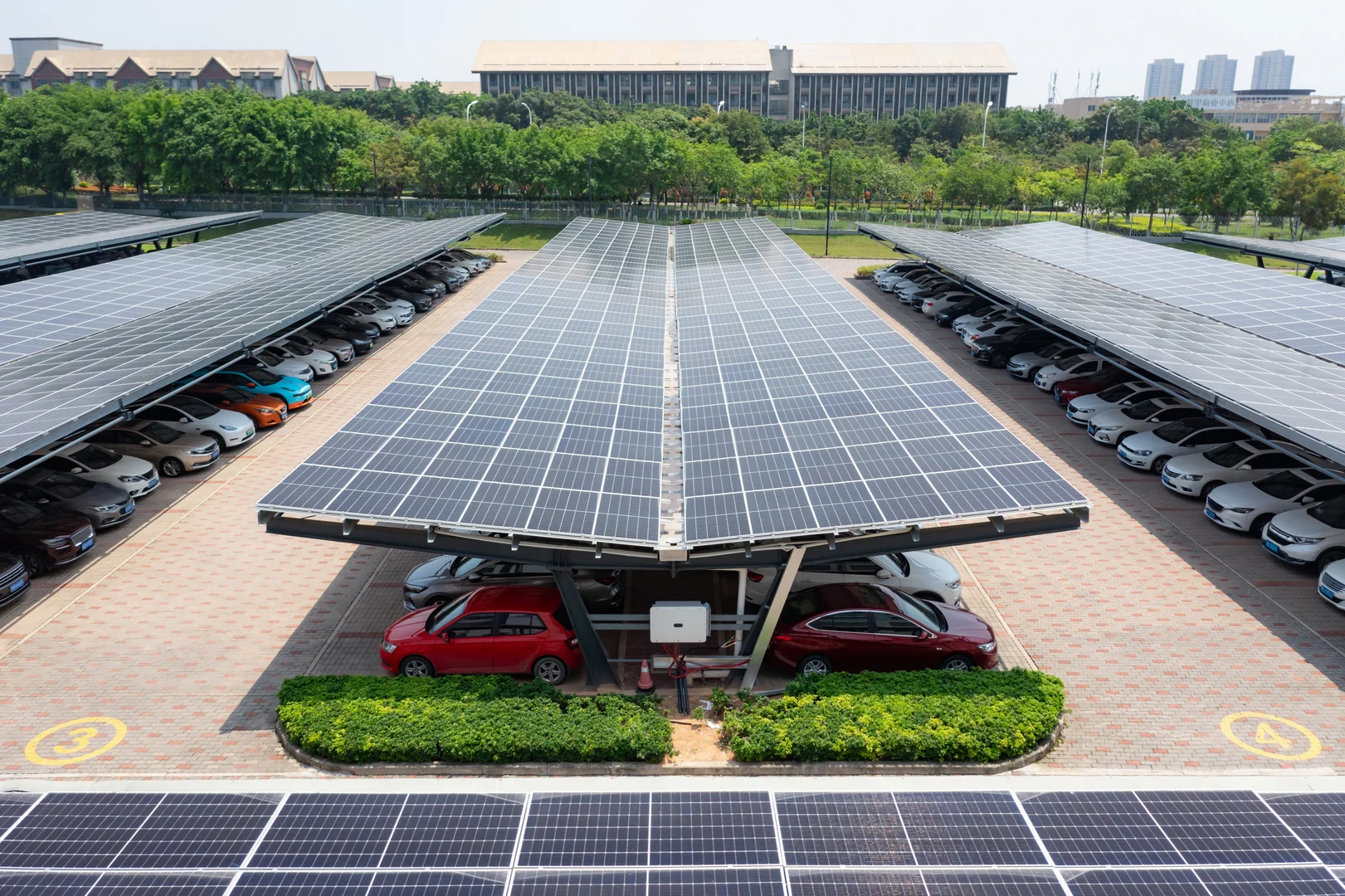Overview



In other words, even though sustainability is increasingly becoming an immediate priority for companies, there seems to be a limit to the amount being spent.
This may be explained by the geopolitical and economic turbulence and energy price fluctuations associated with the war in Ukraine, alongside soaring inflation and interest rates, all of which hit business and investor confidence around the globe in 2022 and 2023.


While the most well-known example of electrification is today’s rapid transition to electric vehicles, the emission-reduction benefits of adopting more electrically powered technologies for heating and industrial processes can be equally as impactful.

Different parts of the world face different challenges


The findings cited above are from a double-blind study of 4,085 key corporate decision-makers and their direct reports from a wide range of companies, sectors, and countries. Conducted in the first half of 2023, this research, commissioned by Schneider Electric, was carried out by GfK, a NIQ company, with the support of Beresford Research, USA.
This 2023 research builds on Schneider Electric’s C-level pulse check on attitudes to corporate sustainability from 2022 conducted by Beresford Research, USA. The 2023 survey gathered insights from an expanded sample of C-level business leaders, with 4,085 surveyed, seven times more than in 2022.

